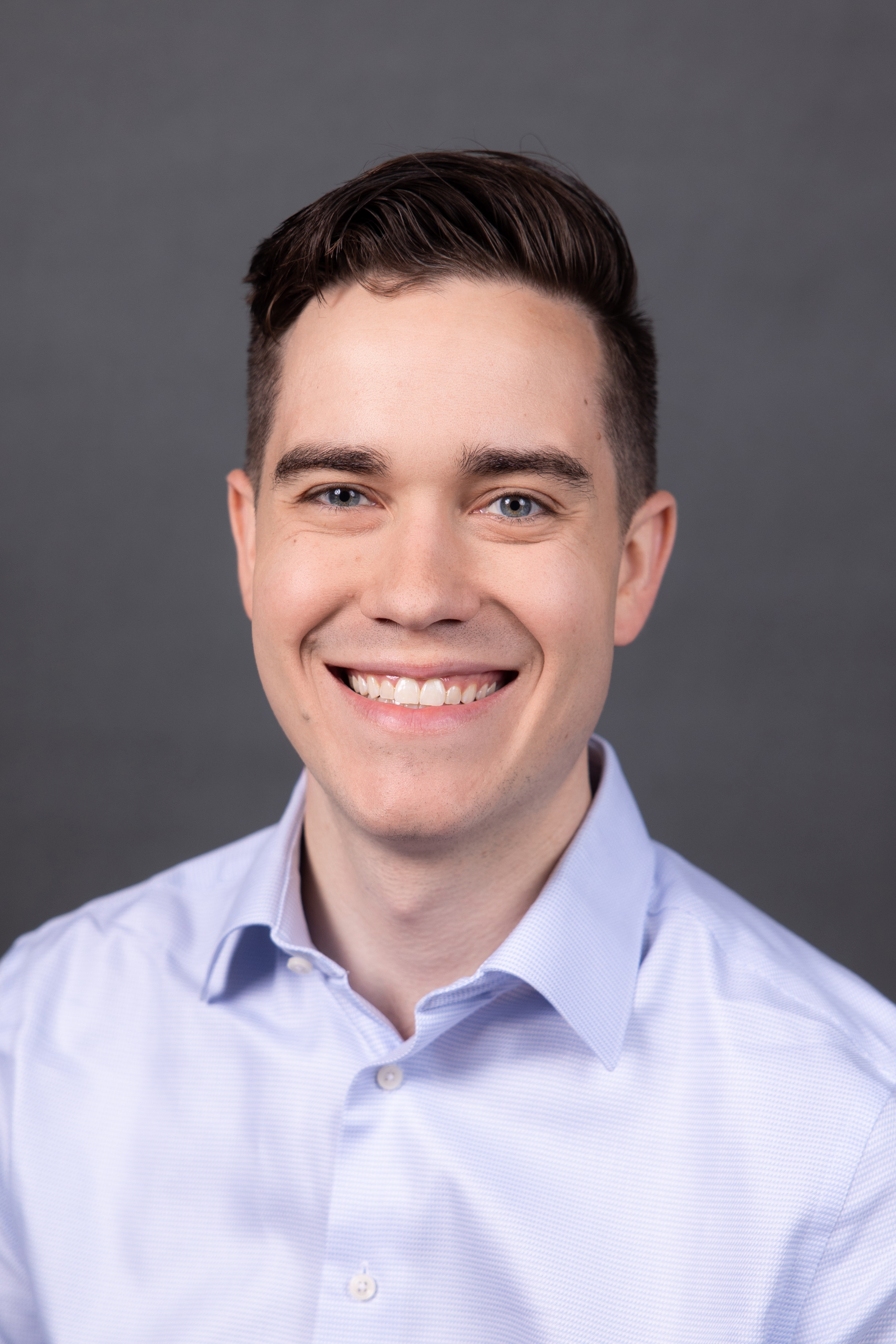Primary Care Programs
 The primary care track provided me outstanding training in outpatient internal medicine. I felt quite confident both practicing as a hospitalist out of residency and continuing my career as an academic primary care physician. The structure of the outpatient rotations provided excellent primary care and outpatient subspecialty exposure, and I'm very thankful to have had such an excellent outpatient primary care experience in addition to the superb inpatient and critical care rotations.” "
The primary care track provided me outstanding training in outpatient internal medicine. I felt quite confident both practicing as a hospitalist out of residency and continuing my career as an academic primary care physician. The structure of the outpatient rotations provided excellent primary care and outpatient subspecialty exposure, and I'm very thankful to have had such an excellent outpatient primary care experience in addition to the superb inpatient and critical care rotations.” "
-Taylor Cox, M.D.
Primary Care Training Options
Internal Medicine residency training historically has emphasized inpatient medicine. While internists need to be well-trained in the management of inpatients, internal medicine has evolved and is now primarily practiced in the ambulatory setting. Our “6+2” block model emphasizes the practice of outpatient medicine and allows flexibility with elective time for residents to emphasize the type of training that best suits their career objectives.
Residents in our Primary Care program also have a specialized primary care curriculum in addition to the weekly ambulatory educational sessions in which all residents participate. These education sessions are a mixture of specialist-led didactics and skills-based training. We have had specialists from endocrine, psychiatry, and sleep medicine, for example, give a deeper and more nuanced discussion on their management of common chronic medical conditions. We have done training in joint and bursa injections, etonogestrel implant (Nexplanon) placement, buprenorphine prescribing, and motivational interviewing.
Primary care residents also have the option of choosing a “4+4” schedule during the R2 and/or the R3 year. The “4+4” schedule not only gives residents additional time in the primary care clinic but also provides the residents with additional longitudinal elective time with specialists in the ambulatory setting. Alternatively, residents can elect to participate in 2- or 4-week block rotations in local or rural primary care practices throughout upstate New York. Specific changes relative to our standard categorical internal medicine residency can be customized, but an example of scheduling options for a Primary Care Program resident is listed below and summarized in the Primary Care Program detailed description.
Affiliate FF Thompson Hospital in Canandaigua, NY
Rural Experiences
One of our residency’s aims is to help expand the physician workforce in underserved rural locations. We are fortunate to have a number of rural clinical opportunities that interested residents in both our Primary Care and Categorical programs can easily access. Our flexible scheduling allows residents to have rural experiences in primary care, hospital medicine, and/or subspecialty settings within their ambulatory blocks and/or built into 2- or 4-week elective experiences, allowing residents to either commute from Rochester or stay near the rural healthcare site. We also have affiliations with more remote sites in upstate New York, including the Adirondacks, Southern Tier, and Finger Lakes regions, that residents may choose for electives, and we allow residents to pursue electives through the Indian Health Service. We have dedicated funds to help support travel and housing costs associated with resident experiences in these rural settings.